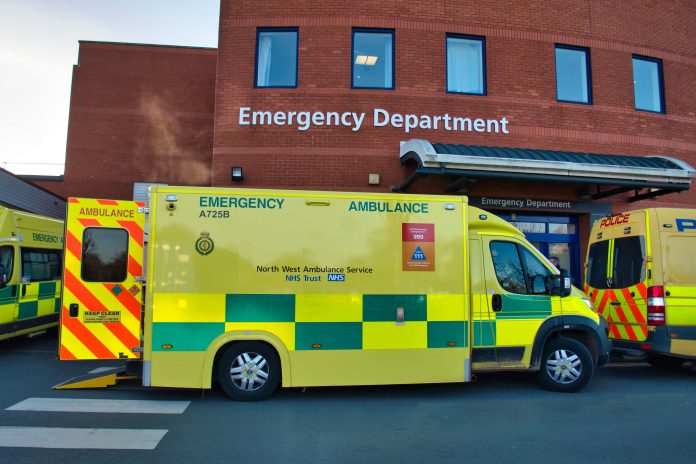For the first time under NHS funding, student paramedics will receive £5,000 a year to support them whilst they are at university
The funding, which was first announced in December 2019, will be provided on top of existing support, including student loans, from September.
It comes as part of the government’s manifesto to increase nurse numbers by 50,000 by 20205. It is expected that 100,000 pre-registration nursing, midwifery and allied health degree students will benefit from the £5,000 maintenance grants.
Who qualifies?
The full list of students set to benefit from the funding is as follows:
- Dietetics
- Dental hygiene or Dental therapy (level 5 courses)
- Occupational therapy
- Operating department practitioner (level 5 and 6 courses)
- Orthoptics
- Orthotics and Prosthetics
- Physiotherapy
- Podiatry or Chiropody
- Radiography (diagnostic and therapeutic)
- Speech and Language Therapy
- Paramedicine
- Midwifery
- Nursing (adult, child, mental health, learning disability, joint nursing/social work)
Minister for Public Health Jo Churchill said:
“From paramedics to physiotherapists, radiographers to speech and language therapists, our talented allied health professionals are the third largest workforce in the NHS and support people to live better lives.
“As demand grows, we need more of the best and brightest to join our NHS. I want those who would relish the job of saving people’s lives as a paramedic or diagnosing cancer as a radiographer to come forward to train, taking advantage of this fantastic new £5,000 support package.”
Extra funding
Students who qualify for the grant will not need to pay it back and some may be eligible for extra payments worth up to £3,000 per academic year.
They could receive:
- £1,000 towards childcare costs
- £1,000 if studying in a region that is struggling to recruit
- £1,000 if they’re a new student studying a shortage specialism important to delivering the NHS Long Term Plan.
The shortage specialisms include mental health nursing, learning disability nursing, radiography, prosthetics and orthotics, orthoptics and podiatry.
Minister for Care Caroline Dinenage said:
“We want to support people with learning disabilities to live full, healthy and happy lives. The expertise of learning disability nurses is essential as they provide tailored care that can help people become more independent.
“In the years to come we’re going to need more learning disability nurses to provide high-quality care, so I’m delighted that from September all new students will receive at least £6,000 a year to help with their cost of living.
“I want to see more people considering a career in learning disability nursing, helping to achieve our NHS Long Term Plan ambition to improve car for people with learning disabilities.”











